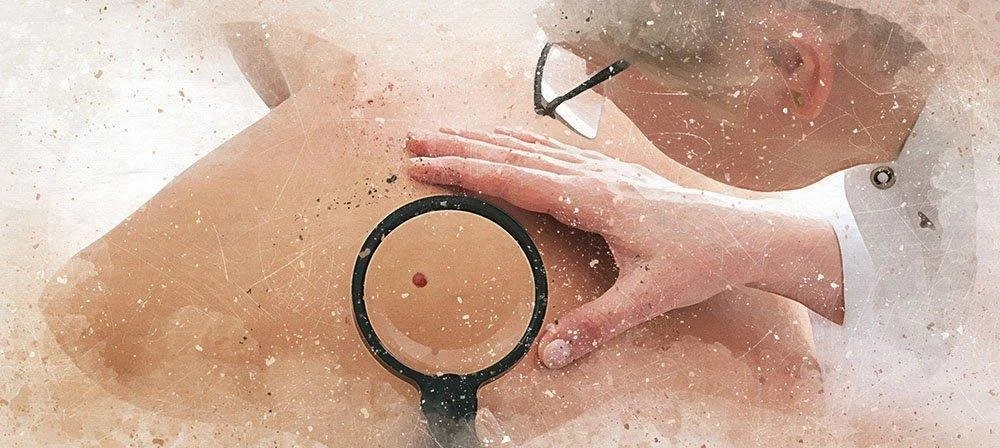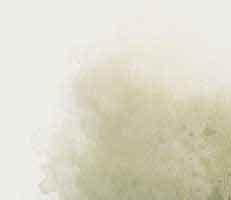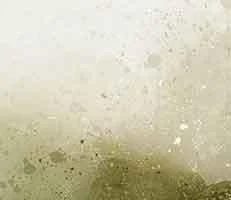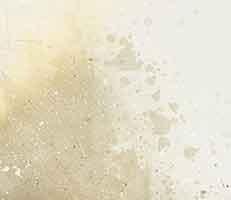
Eczema Specialist in Delaware
Common in both infants and adults, eczema is characterized by a severely itchy rash, one so bad, it can keep you up at night. SunWise Family Dermatology & Surgery, in Middletown, Delaware, provides patients with a variety of therapies to reduce eczema symptoms. Jennifer LaRusso, DO, and Gerard W. Stroup, PA-C improve the look of your skin, identify triggers, and reduce the frequency of flare-ups. If you have eczema and are looking for a solution to your dry, itchy rash, call the office to schedule your appointment. You can also book online.
-
Eczema is a chronic skin condition that manifests as an itchy rash. This rash is often red, and sometimes covers the skin in small blisters that may leak liquid when they break.
With long-lasting eczema rashes, your skin may dry, crack, or thicken. In some cases, the texture of your skin may change and roughen.
In infants, eczema frequently develops on the cheeks, arms, and legs, while older children and teens may get it on the back of knees, elbows, and neck. Also called atopic dermatitis, eczema can also occur on palms and soles.
-
Eczema results from an overactive immune system that limits your skin’s ability to retain moisture and create a protective barrier against bacteria, irritants, and allergens. In some cases, the immune system issue involves a mutated gene, which changes the skin’s ability to balance fats.
Sometimes eczema coincides with allergies. That leads to a severe rash, in addition to hay fever or asthma. You may experience an increase in inflammation.
Environmental factors may trigger eczema. They include things like:
Rough fabrics
Scratchy wool
Cigarette smoke
Extreme temperatures
-
In many cases, you can treat mild eczema symptoms and prevent flare-ups at home. Dr. LaRusso and Gerry advise using a skin moisturizer at least twice a day. Avoid lotions, soaps, and detergents that have strong chemicals or scents.
Shorten the time you spend in the bath or shower to 10-15 minutes. Using warm water, instead of hot, keeps skin from drying out. After your shower, dry off carefully, patting your skin dry instead of rubbing.
For some patients, Dr. LaRusso recommends a bleach bath to prevent flare-ups. Mix one-half cup of household bleach not concentrated with 40 gallons of warm water in your bathtub. Soak affected areas for 10 minutes to decrease the number of bacteria on your skin. That can reduce infections and eczema symptoms.
-
Depending on the severity of your eczema, Dr. LaRusso and Gerry may recommend:
Topical medications to protect and moisturize
Oral medications to reduce inflammation
Injectable biologics for extreme cases that don’t respond to other treatments
Phototherapy through sunlight, artificial ultraviolet A (UVA), or narrowband UVB rays
When the symptoms of eczema are interfering with your life, find help at SunWise Family Dermatology & Surgery. Call the office today to schedule your appointment or book online.









